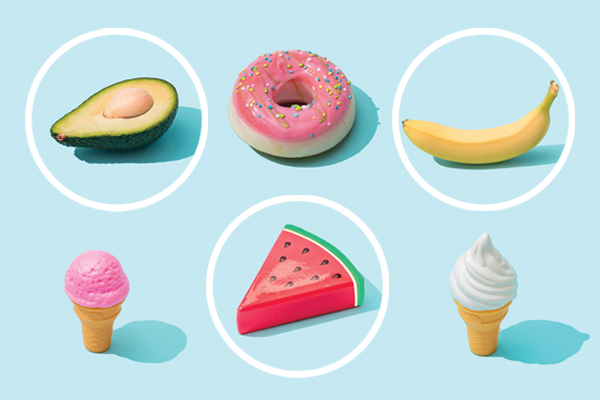The COVID-19 pandemic is the topic on everyone’s lips – whether it’s discussing a vaccine, or other bizarre ‘cures’ like eating garlic or Donald Trump’s strange idea of injecting the body with disinfectant (both of which are NOT effective treatments). With the majority of the UK’s population yet to contract COVID-19, finding one clear way of battling this virus is an attractive prospect indeed.
With lockdown beginning to ease, and the R rate still hovering around one, concerns are high and we’re desperately seeking ways of improving our immunity with the chances of making it through infection reasonably unscathed.
Other than the advised frequent handwashing and face masks, is there anything else that we can do that will have a profound effect on our chances with COVID-19?
The answer is – yes!
Although age seems to play a huge part in whether you could develop the worst symptoms, recent studies have shown that there are other, more common things can could influence this too.
Diabetes
More than a quarter of the patients who have died with COVID-19 have had diabetes, with a further ten percent having heart disease, according to figures published last week.
It’s unclear why those with diabetes are experiencing these more severe symptoms, however, keeping your blood sugar under careful control could help you to fight off the disease should you contract it. Those with type 2 diabetes are particularly at risk, as they tend to develop heart and kidney problems that could dramatically affect your body’s immune system. High blood pressure also makes it more difficult to fight off infection.
Studies have shown that those with a raised blood sugar level can get this back under control by losing weight and taking serious steps in improving their overall health and fitness. Keeping a calorie-controlled diet and being active is important now more than ever.
For more information on the link between diabetes and COVID-19, visit here https://www.diabetes.org.uk/about_us/news/coronavirus-statistics.
Heart conditions
Getting your heart in good health could be another key way of fighting COVID-19. It’s estimated that there are about 7.4 million Britons living with a heart disease, and quite often the medication that is taken to help these patients stay in a stable condition can lower the immune system too. Although these studies are not yet fully understood, there is a lot of evidence to suggest that lowering your cholesterol levels and getting more fit and healthy in general will help give you a fighting chance of surviving any infection that you may be exposed to.
For more information on the link between heart disease and COVID-19, visit here
https://www.bhf.org.uk/informationsupport/heart-matters-magazine/news/coronavirus-and-your-health.
Smoking
It’s a known fact that smoking can damage your lungs and cause problems with breathing as well as other areas of your health. COVID-19 is a respiratory virus that effects your ability to breathe properly, which can be made much worse very quickly if your lungs are already damaged.
Research at the University of California found that ex-smokers were nearly twice as likely to die from coronavirus than non-smokers.
Further studies are being taken for more conclusive evidence of this, however it is strongly advised that smokers try to cut down their risk by quitting or taking up vaping as an alternative. Quitting smoking can be extremely difficult, especially in the current climate, so please contact your GP to access a huge range of support.
For more information on quitting smoking, please visit the NHS help page here https://www.nhs.uk/live-well/quit-smoking/nhs-stop-smoking-services-help-you-quit/.
Be active
There is no research to show that getting fit can help stop COVID-19, but studies have proven time and time again that exercise and a balanced diet can have a huge impact on the body’s immune system. It reduces blood sugar levels, lowers cholesterol and burns visceral fat, and so ticks a lot of boxes when it comes to staying fit in the fight against the current pandemic.
Whether it’s a ten minute walk around your block, or an hours workout in your living room with Joe Wickes, being proactive and taking steps to look after your health is one of the easiest and most effective things that you can do to prevent some of the more serious symptoms of COVID-19.















